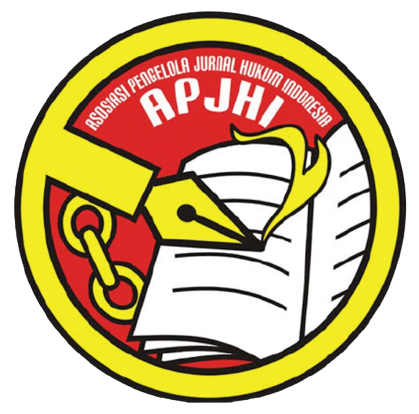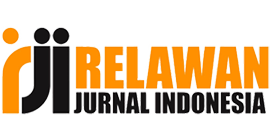Efektifitas Komisi Pengawas Persaingan Usaha (KPPU) dalam Upaya Penyelesaian Kasus Praktek Monopoli dan Persaingan Usaha Tidak Sehat
Abstract
Keywords
Full Text:
PDFReferences
Elsam, “Komisi Negara, antara “latah” dan Keharusan Transisisional”, Jurnal Asasi, Edisi September-Oktober 2009.
Jhon, Alder, 1989 Constitutions and adnimistrative Law, The Macmillan Press LTD, London.
Knud, Hansen, Law Concerning Prohibition of Monopolitic Pracatices and Unfair Businiess Comptitiin, Katafis, Jakarta.
Laporan Tahun 2007 Reformasi Regulasi Persaingan Usaha, KPPU.
Maarif, Samsul, “Tantangan Penegakkan Hukum Persainagan Usaha di Indonesia”, Jurnal Hukum Bisnis, Vol 19 Mei 2003.
Nugroho, Adi Susanti, 2014, Hukum Persaiangan Usaha di Indonesia, Kencana, Jakarta.
Pistor, Katharina dan Philiph A Wellon, et. al., 1999, The rule of Law and legal Instrution in Asian Economic Development 1960-1995, Oxford University Press, New York.
Rosjidi, Ranggawidjaja, 1998, Pengantar Ilmu Perundang-undangan Indonesia, Mandar Maju, Bandung.
Rubeck, M. David, Annual Report: Law and Economic Development: Critiques and Ceyond, disampaikan pada Confrence Harvard Law School, april 13-14 2003, dikutip dalam bismar natution “mengkaji ulang hukum sebagai landasan pembangunan ekonomi” disampaikan sebagai pidato pengukuhan guru besar Universitas Sumatera Utara.
Soekanto, Soerjono, 2003, Penelitian Hukum Normatif, Raja Grafindo Persada, Jakarta.
Turbeck, M David, “Toward a Social Theory of Law: An Essay On The Study of Law and Development”, The Yale Law Journal, Vol 82 No 1, November 1972.
Undang-Undang No.5 Tahun 1999 tentang Larangan Praktek Monopoli dan Persaingan Usaha Tidak Sehat.
Usman, Rachmadi, 2013, Hukum Acara Persaingan Usaha di Indonesia, PT Sinar Grafika, Jakarta.
Wahyuni, Bahar, 2010, Litigasi Persaingan Usaha (Competition Litigastion), Litigation Series, CFISEL.
Wibowo, Destiano dan Harjon Sinaga, 2005, Hukum Acara Persaingan Usaha, PT Raja grafindo Persada, Jakarta.
DOI: http://dx.doi.org/10.30652/jih.v7i2.5685
Refbacks
- There are currently no refbacks.
Jurnal Ilmu Hukum has been indexed by:
|

.png)





G.png)




